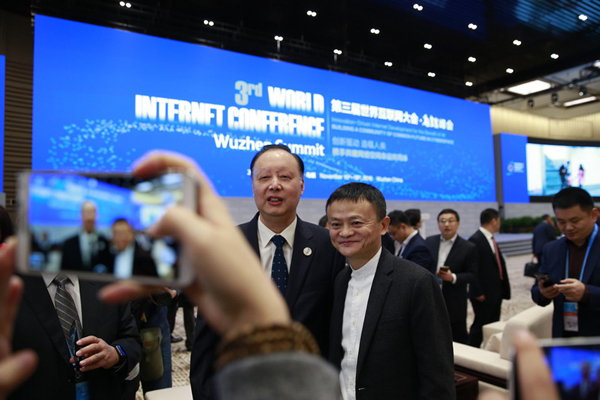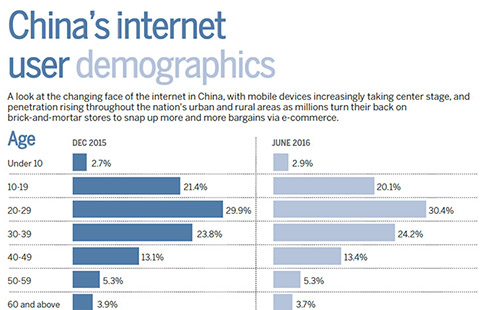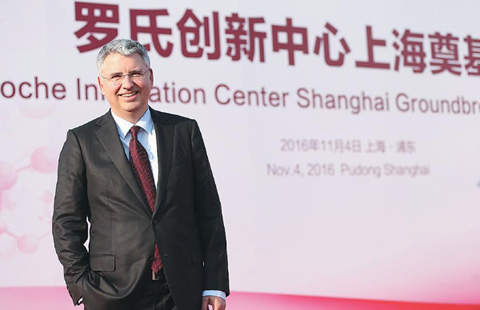China prepared for economic uncertainties
China is prepared for economic and exchange rate fluctuations, and able to cope with uncertainties, a central bank official said on Thursday, as the yuan continued to fall, hitting an eight-year low against the US dollar.
Despite its continual fall, analysts familiar with China's monetary policymaking said the yuan is unlikely to depreciate by a large margin in the coming year.
"China has made some macroeconomic policy adjustments, including exchange rate system reform, in case of future uncertainty," said Huang Xiaolong, deputy head of the financial stability bureau of the People's Bank of China, the central bank.
He told an economic forum that China has undergone reform of its exchange rate system to improve the elasticity and flexibility of the yuan, thus enabling the country to deal with uncertainties caused by any domestic or international economic changes.
The yuan's central parity rate, decided by the central bank in accordance with market conditions, weakened by 100 basis points to 6.87 against the US dollar on Thursday, the 10th consecutive day the currency has fallen, according to the China Foreign Exchange Trading System. It is the lowest level since mid-June 2008.
Yao Yudong, former head of the central bank's financial research institute, said at the same forum that the US dollar index might be peaking and, therefore, the yuan's exchange rate against the US dollar will not fall continually. "Don't bet on continual depreciation of the yuan - that is impossible."
Li Daokui, an economist at Tsinghua University and former member of the central bank's monetary policy committee, said the yuan's depreciation against the US dollar will not exceed 5 percent next year. "It could be 3 percent, or even less," Li said.
He added that given the massive US dollar liquidity in the international financial market, it would be "an act of suicide" for China to allow the yuan's exchange rate to fluctuate entirely based on market changes.
Analysts said that if policymakers want the yuan to strengthen, the priority should be to press ahead with the country's economic restructuring reform.
"The depreciation of the yuan is mainly caused by a strengthening US dollar, demand from domestic enterprises and residents for diversifying their asset portfolios, and the slowdown of the Chinese economy," said Huang Yiping, an economist at Peking University.
"To reverse the trend (of yuan depreciation), China should, ultimately, rely on progress of its structural reform," said Huang, who is a member of the central bank's monetary policy committee.

















